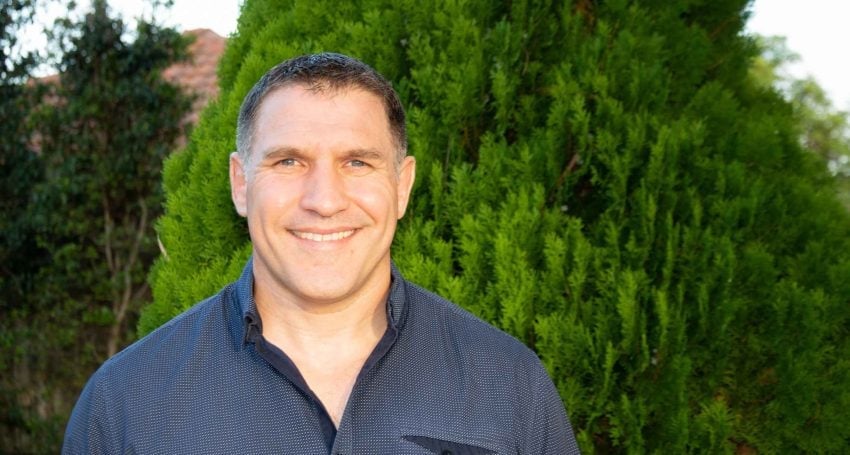Tough Questions: Should Christians celebrate Halloween?
Reflections
“Some avoid anything to do with Halloween, others join the festivities wholeheartedly, whilst others still, opt for some kind of Christian alternative. With the shops already full of pumpkins, witches’ hats, and skeletons, let us explore the pros and cons of each of these approaches,” says The Rev’d Charlie Lacey from St Andrew’s, Springfield

Christian opinion on how best to approach Halloween is divided. Some avoid anything to do with Halloween, others join the festivities wholeheartedly, whilst others still, opt for some kind of Christian alternative. With the shops already full of pumpkins, witches’ hats, and skeletons, let us explore the pros and cons of each of these approaches.
Halloween is often rejected by Christians on the grounds of its pagan roots; specifically the Celtic festival of Samhain, when people would make fires and wear costumes to ward off ghosts. In the 8th century, the 1st of November was designated “All Saints Day” by Pope Gregory III, and the evening before became known as “All Hallows Eve”, which is where we get the name, “Halloween” from.
Advertisement
It should be noted that Christians are not required to reject everything with mixed or dubious beginnings. For example, the word Sunday comes from the Old English word ‘Sunnandæg’, literally “Sun’s day”, in honour of the Sun, which was personified and venerated in Norse mythology. In a similar vein, Monday is the moon’s day, and the other days of the week are named in honour of various Norse and Anglo-Saxon gods. Today, we recognise that those names have lost their original meaning.
Perhaps the main reason that some Christians reject Halloween is that it has become a major celebration for those who practice wicca, satanism, neo-paganism and the like. Christians should have nothing to do with these practices, nor should they celebrate that which is dark, macabre, or evil. In the book of Acts there are many instances of the Apostles encountering sorcery, which is roundly condemned on each occasion (See, Acts 8.9-24; 13.6-11; 16.16-21; 19.13-20). Clearly, there are aspects of Halloween that Christians ought to reject. We should not be dressing our children up as ghosts, zombies or demons, or encouraging them to identify with evil in any way. For many Christians, that means avoiding Halloween altogether. Others would argue that there is nothing wrong with children dressing up us superheroes and princesses and receiving lolly bags. The question is, does that kind of participation appear to give tacit approval to the darker aspects of Halloween?
Advertisement
Many Christians take the view that some aspects of Halloween can be redeemed or used as an opportunity to share the good news of Jesus, for example, by handing out gospel tracts along with lollies. Moreover, many churches run alternative celebrations with the intention of switching the focus from darkness to light (the light of Christ). This is the approach my own church has adopted.
Whatever one’s view of Halloween, it should be understood as a matter of personal conscience. In 1 Corinthians 8, Paul addresses the issue of whether Christians are permitted to eat food that has been sacrificed to idols (admittedly, that is not a common problem today). He concludes that a believer should not go against their own conscience. However, the believer is free to eat such food, unless doing so would cause a brother or sister to “stumble”. In that case, says Paul, it is better to refrain.
Christians should not “celebrate” Halloween any more than they should sacrifice food to idols. However, they are free to do things that are associated with Halloween, providing that they are not inimical to the teachings of the New Testament (for example, dressing up in innocuous costumes, or giving out lollies). Remembering, of course, Paul’s exhortation to remain mindful and respectful of the position taken by other believers.
First published on the St Andrew’s, Springfield website in October 2024.





